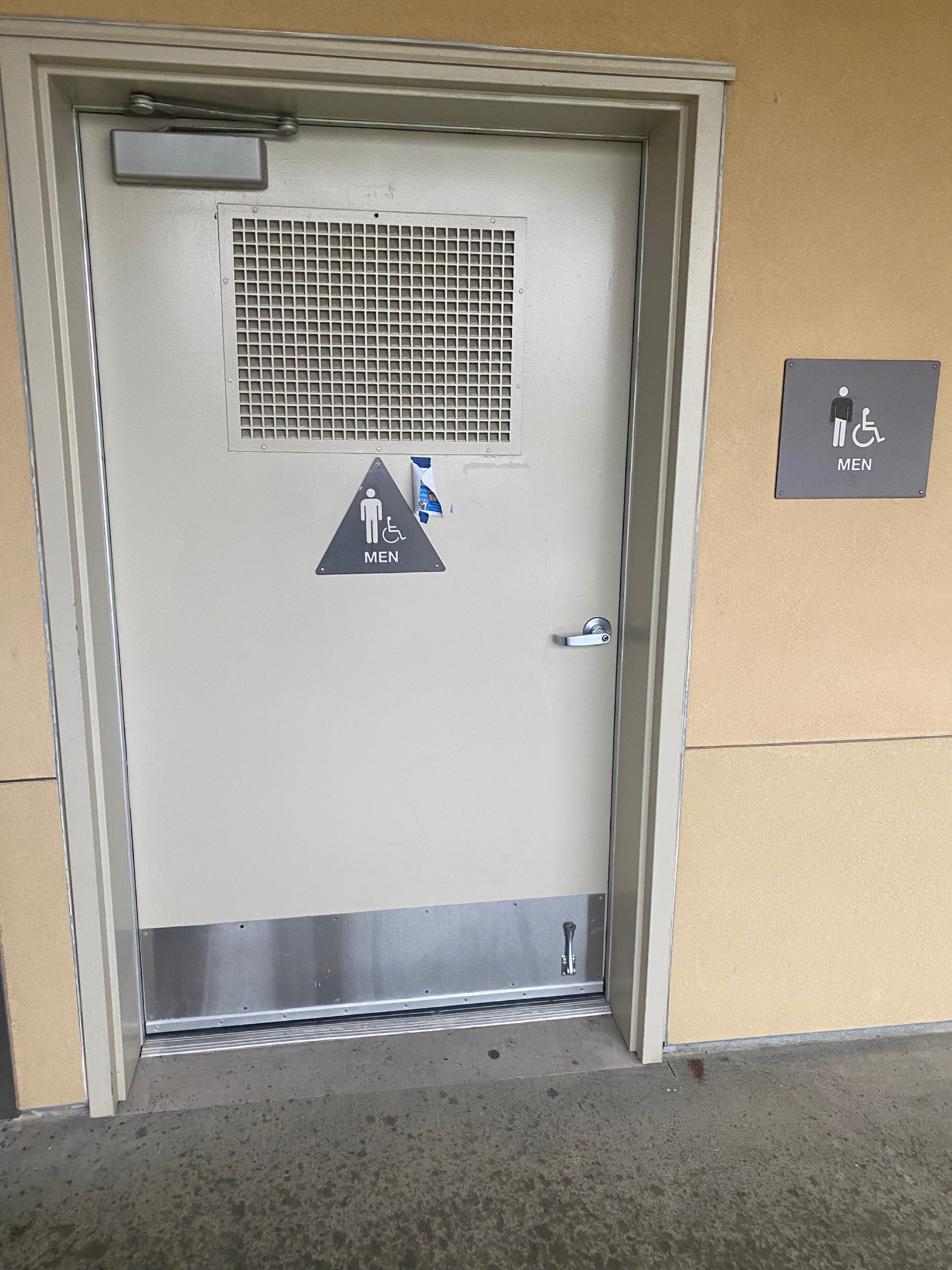Columbia Drops the SAT in the Name of Equity
Standardized tests are quickly disappearing from application requirements – is this really fair?
Eagle time: May 6, 2023
Last month, Columbia University in New York City became the first Ivy League school to permanently drop SAT and ACT testing requirements, citing an effort to make admissions more equitable for all students, changing the admissions requirements – and admissions prospects – of students at the highest level.
“Our review is purposeful and nuanced—respecting varied backgrounds, voices and experiences—in order to best determine an applicant’s suitability for admission and ability to thrive in our curriculum and our community, and to advance access to our educational opportunities,” said the college in a statement.
Predictably, some consider the move controversial, while others have been pushing for this for years. Since the pandemic, the number of schools that require SAT or ACT scores has diminished, and today more than 1,800 schools have made the tests optional or refuse to take them altogether.
Initially, hundreds of schools canceled their standardized testing requirements as the pandemic began because testing dates and sites were heavily disrupted. As we emerge from the most intense years of COVID-19, many colleges and universities — especially small liberal arts schools — have opted to make the suspension permanent.
The trend caught on among larger schools, too. The entire University of California system — including UCDavis, UCLA, UCBerkely, California Polytechnic, and 19 other campuses — no longer require SAT or ACT scores. And while many of the top schools continue to require them or plan to after the pandemic has passed, Columbia has become the first Ivy League school to cease requiring the SAT or ACT altogether.
On online forums like Reddit from user communities (subreddits) including r/nyc and Columbia University’s own subreddit, r/columbia, comments and posts have taken a cynical view to the decision. Various users across multiple forums and blogs have doubted the practicality of not granting an advantage to those who took the SAT. Others have called out the decision as being cover for the university’s admissions, allowing them to admit less qualified students that meet a quota or support the college’s financial goals.
“I think this is a step in the right direction,” said Rishi Kawediya, founder and president of the Junior States of America chapter at Vista del Lago High School. “It’s not a test for how good of a student you are; it’s a test of how well you prepared for the test itself.”
While some claims border on senseless, there are serious questions surrounding college applications, especially the standards universities set for applicants.
The greatest complaint levied against standardized testing, including the SAT and ACT, is intimately familiar to most students who’ve taken it: scores on the test correlate directly with income, and less so with a student’s grades. It makes sense. Wealthy families are more able and willing to spend money on expensive tutors and prep programs. Poorer families, especially for Native American and Black students, are unable to take these steps, hindering their scores. Furthermore, for the least advantaged, taking the SAT at all may be out of reach. The College Board, the organization that administers the tests, charges a small fee and hosts the tests at a specific date in locations that may be distant from these families.
A less common complaint is language bias – that these tests use language and terminology that make questions or sections of the test unfairly more difficult for some students. If a question asks about baseball, it is assumed that the reader is familiar with the premise and rules of baseball. On a larger scale, SAT questions, especially the verbal section, assumes students have a certain level of vocabulary and reading comprehension that may not be used in all communities and schools.
Should it count against a student if they have never heard the word, “defenestrate?”
“Not a lot of people have resources to prepare for the SAT’s,” said Trinity “Bee” Dey, a Vista student.
There are, however, counter arguments. According to a report submitted in January of 2020 by the Standardized Testing Taskforce, a committee created by the Senate to assess the concerns and fairness of standardized tests in UC schools, there are 14 separate factors that determine admission to UC schools.
“The report shows that variations in GPA matter more than variations in SAT in explaining admission rates… both for UC overall and for individual campuses, changes in high school grade point average (HSGPA) have large effects on admission probability while equivalently-sized changes in SAT have smaller effects on admission probability,” said the taskforce in the chapter of their report about the actual impact of various admissions factors.
The report also provides further information on the two most common arguments against standardized tests: “The positive correlation between scores and family income, however, does not show that family income level causes the scores to be what they are… the pattern of correlation among groups does not show causation for a whole group of students, because both family income and scores could be the result of something else causing both.” The report clarifies that the “something else” could be historic oppression of some groups, for example forcing families of color to send their children to lower-quality schools.
As for biased language, the report found interesting data. “A key paper, by Santelices and Wilson (2010), reviews the earlier work in the field and concludes that there is no evidence of SAT racial bias in the math test but that there is mixed evidence for black/white differences on the verbal test… They find evidence of bias in African-American-white comparisons on the SAT verbal test, but depending on the difficulty of the question, the direction of the bias reverses, with the test biased in favor of whites for easier questions and in favor of African-Americans for more difficult questions.”
Of course, this report can’t speak for the admissions process at Columbia. Certain steps, such as the “re-norming” done by UC admissions officials to balance scores against a student’s background and resources, may not be the standard at Columbia.
But without the SAT, a very influential factor is missing from the admissions process. Without a test score, more weight falls on the other factors: GPA, extracurriculars, college essays, and letters of recommendation.
Wealthy students still have access to resources to help them: counselors, better teachers, more access to extracurriculars and smaller classes, letting them form relationships with mentors that may one day write their letters of recommendation. At Vista, we even have a career center to help students seek out scholarships and career guidance. Some poorer schools do not have these resources, and according to US News, the GPA gap between poor students and wealthy students continues to grow.
“A standardized test is very helpful,” said Kawediya. “I support standardized testing, but the SAT is just a really bad one.”
So as the age of the SAT comes to an end, we should ask ourselves: if we want to be fair, are we doing it well?






































